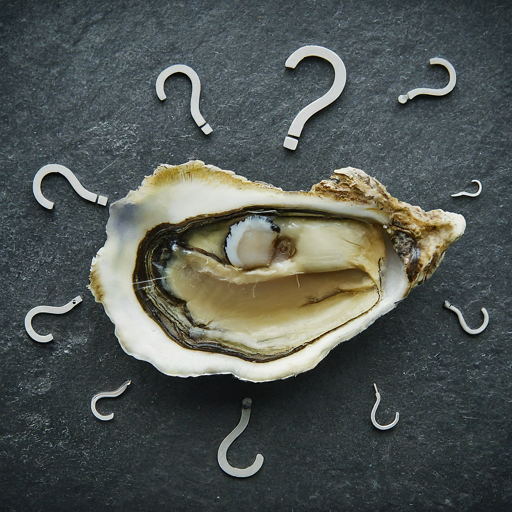Are oyster myths and rules true or are they just an old wive’s tale? As oyster farmers, we strive to uncover the truths behind these age-old beliefs and regulations to ensure that only the most accurate information guides our practices.
NEVER eat an oyster without an “r” in the month…
For a long time, it was smart to avoid wild oysters in summer when they spawn due to the risk of spoiling and the need for refrigeration. Thanks to the introduction of new oyster types that do not spawn during the summer months, we can now enjoy tasty oysters without the concerns of refrigeration. Utilizing modern technology, we are able to rapidly cool the harvested oysters to prevent spoilage under the heat of the sun.
the bigger the oyster, the better
Well, it depends! It’s totally understandable why most think this, more bang for your buck, right?! Not necessarily… There’s so many factors that contribute to a good tasting oyster; Weather conditions, water conditions, farming technique, and FRESHNESS! There’s so many different tasting oysters, we are just trying to produce a good tasting one!
Only have oysters if you’re in the mood
It’s a pretty big misconception that oysters are considered an aphrodisiac. People believe that it stems from the significant amount of zinc an oyster provides, which boosts testosterone levels. With that said… Scientists say no, there’s no evidence! So whatever mood they put you in, hopefully it’s a full & happy one.
Have anymore myths that need to be busted?! Let us know!!



